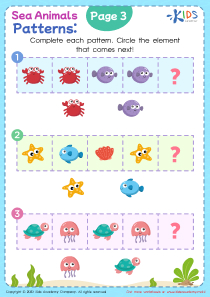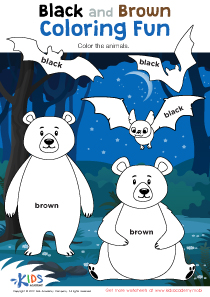Fine Motor Skills Preschool English for Beginners Worksheets - Page 2
61 filtered results
-
From - To
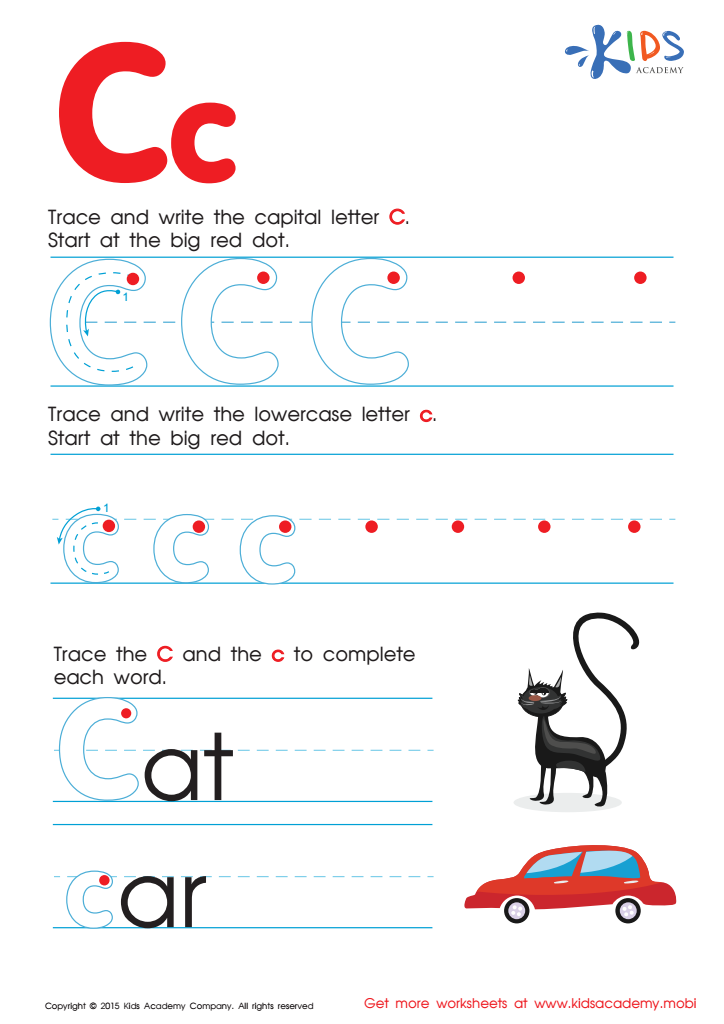

Letter C Tracing Page
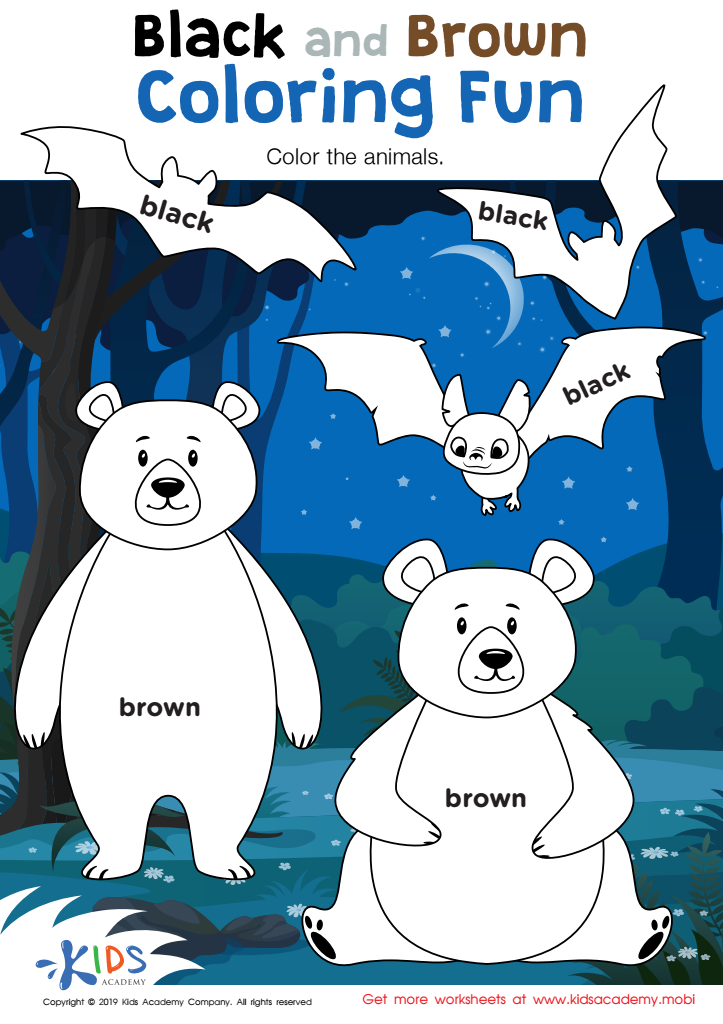

Black and Brown Coloring Fun Worksheet
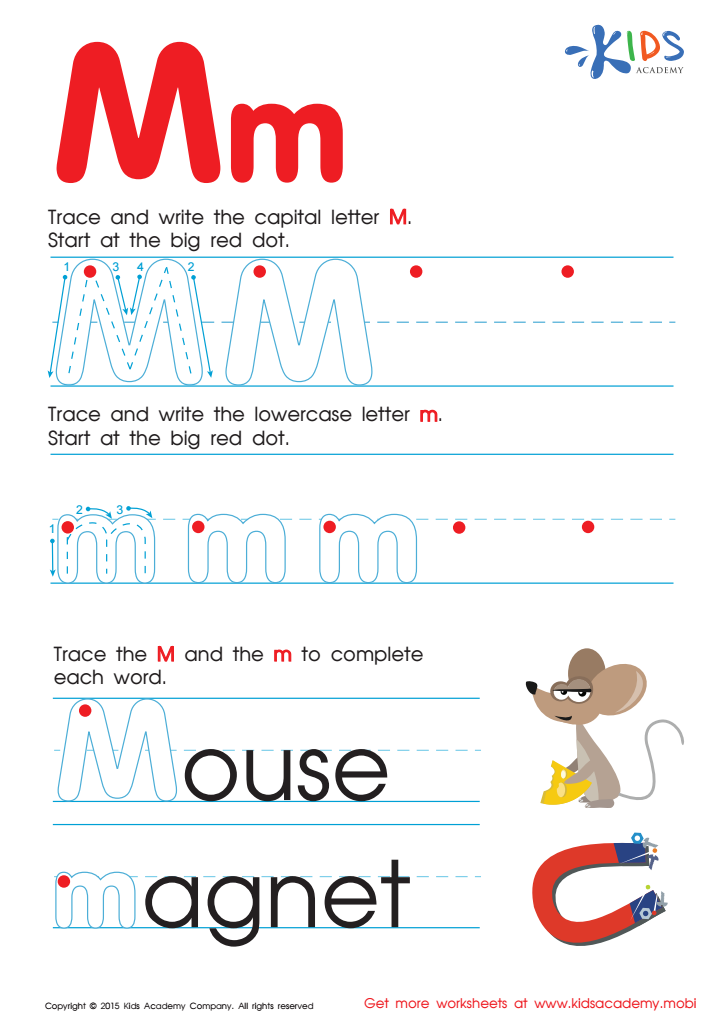

Letter M Tracing Page
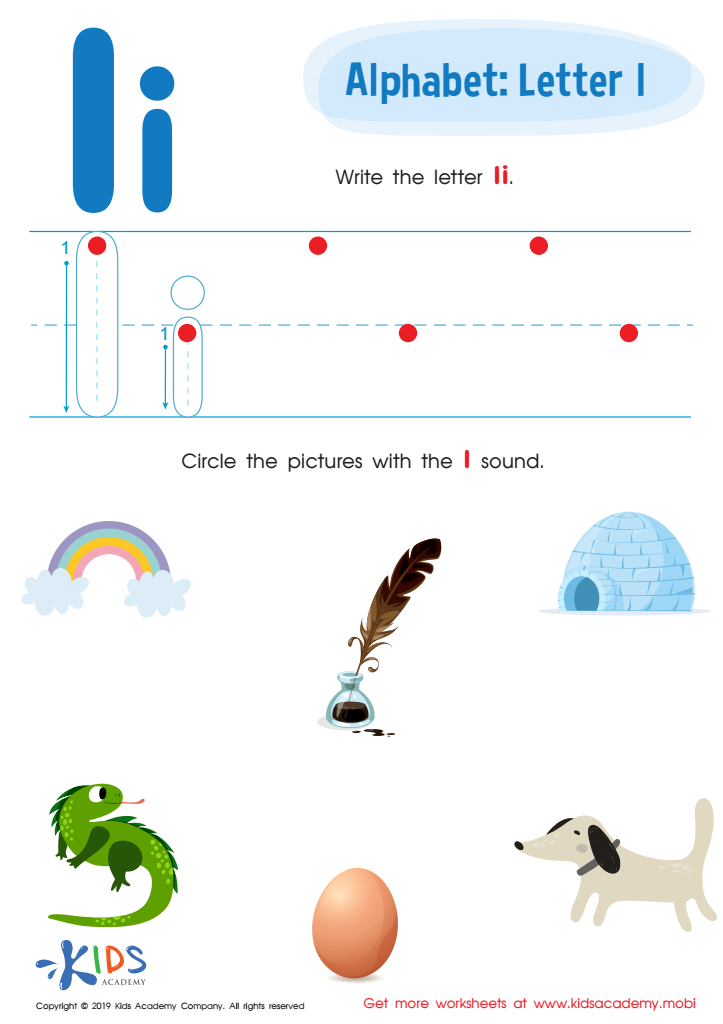

Letter I Tracing Worksheet
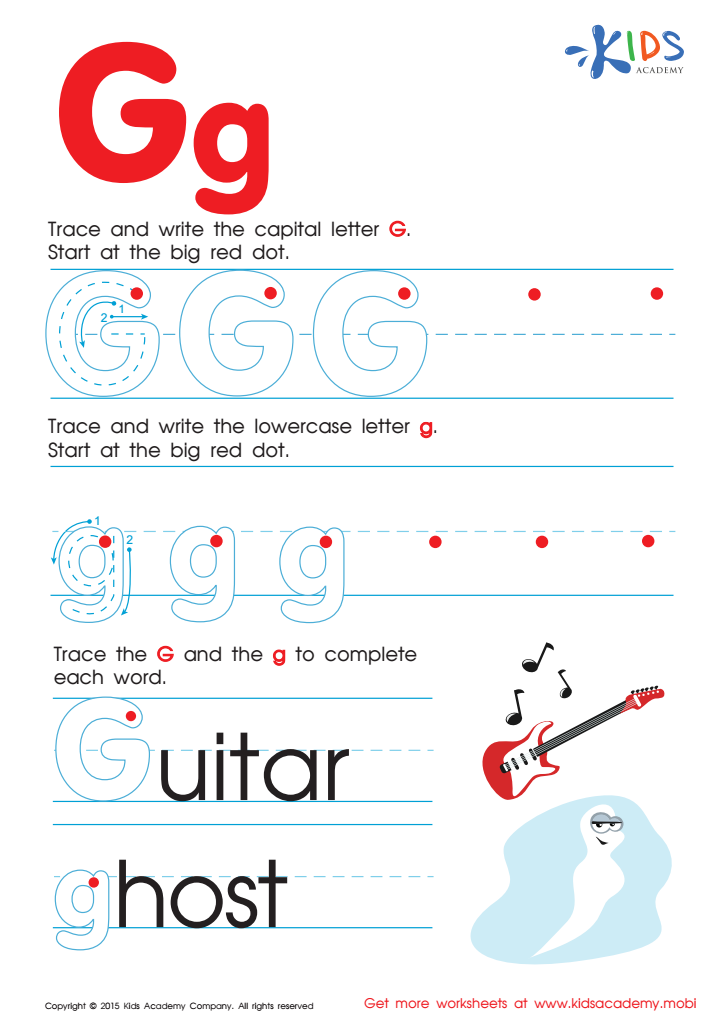

Letter G Tracing Page
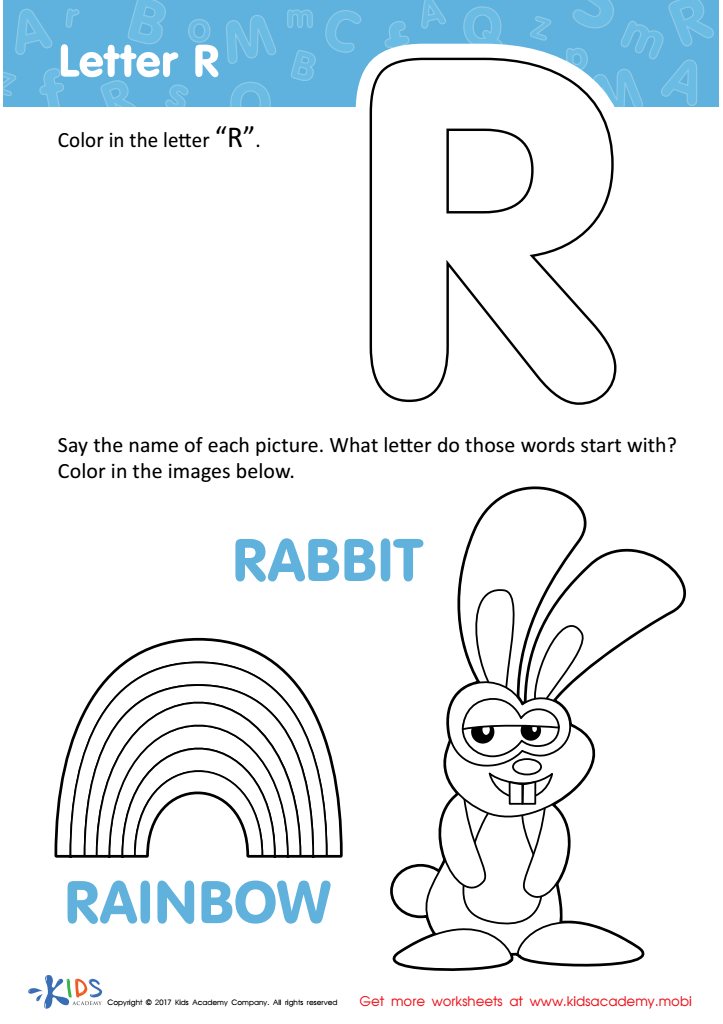

Letter R Coloring Sheet
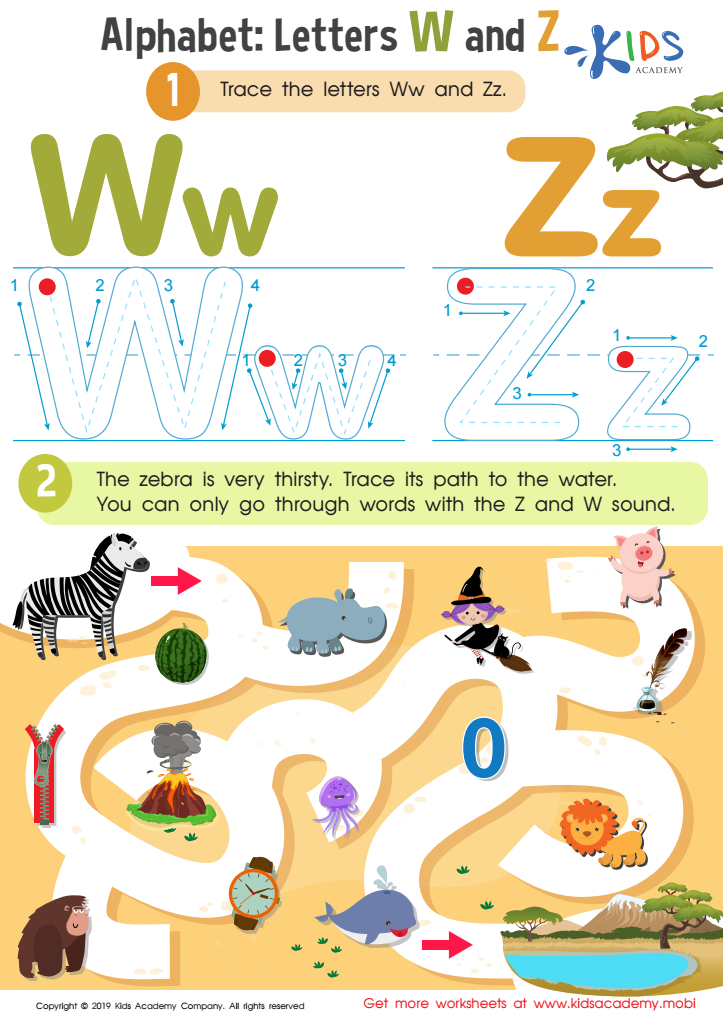

Letters W and Z Tracing Worksheet
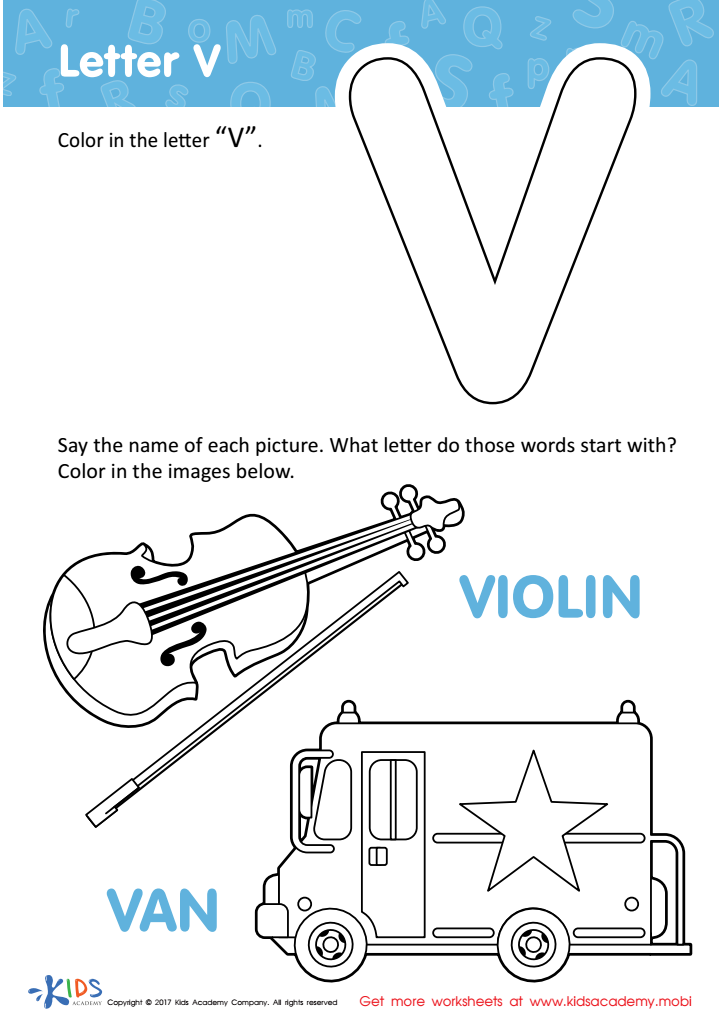

Letter V Coloring Sheet
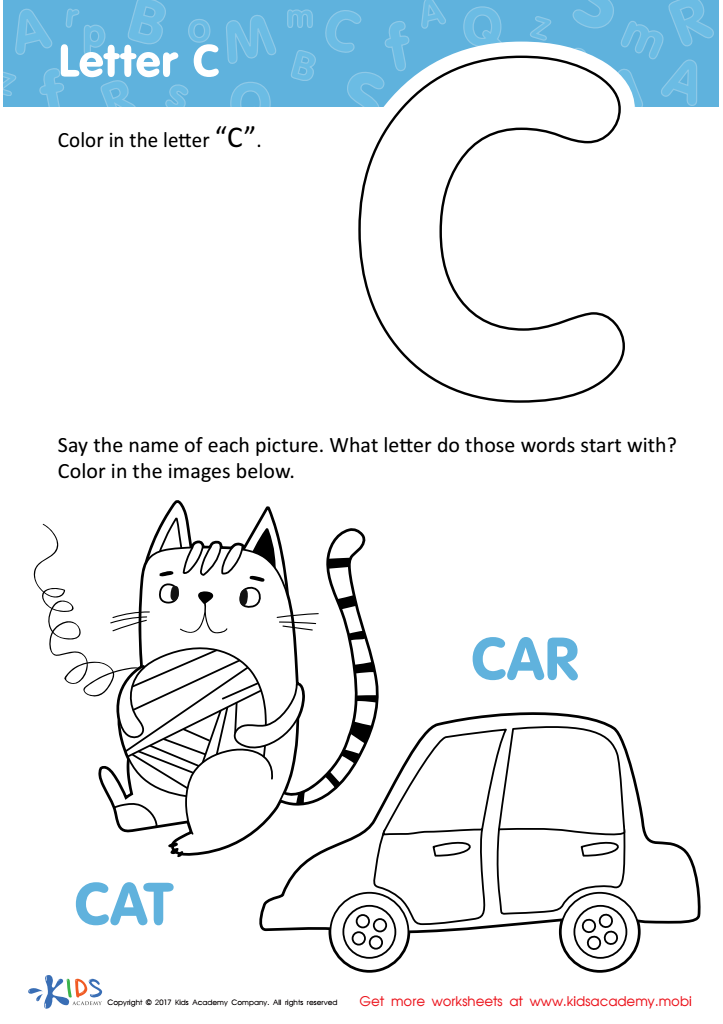

Letter C Coloring Sheet
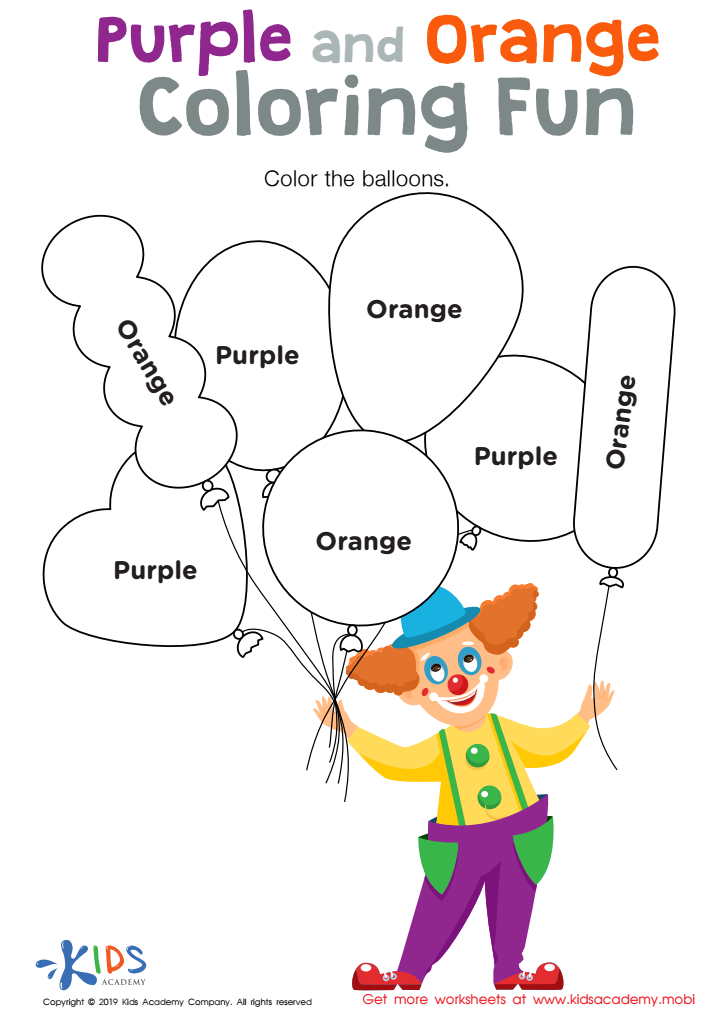

Purple and Orange Coloring Fun Worksheet
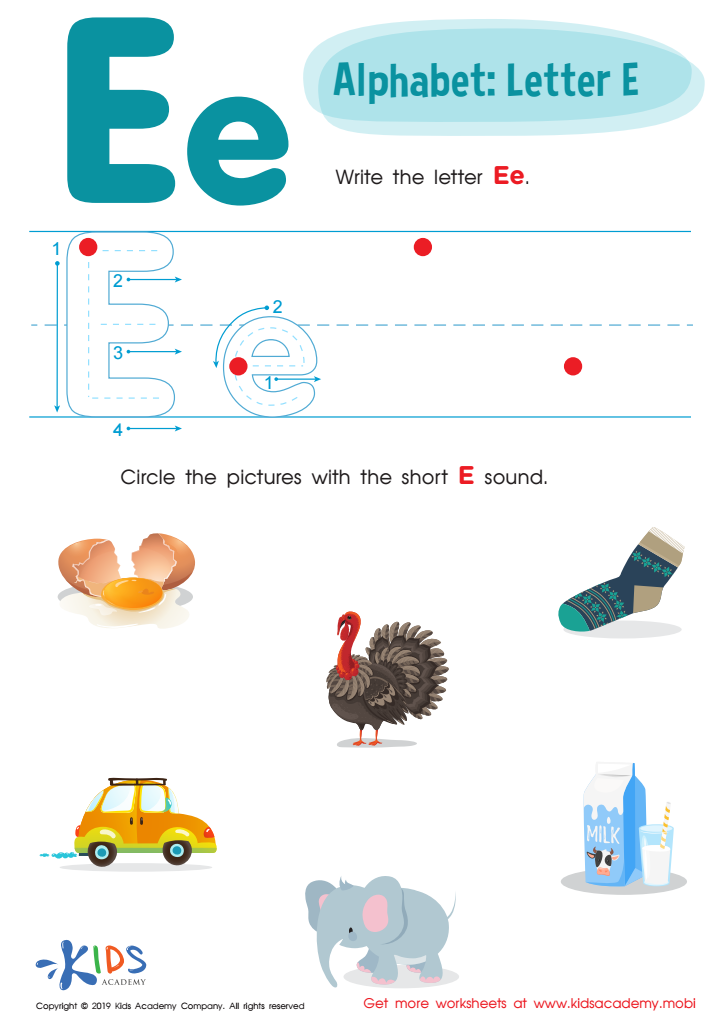

Letter E Tracing Worksheet
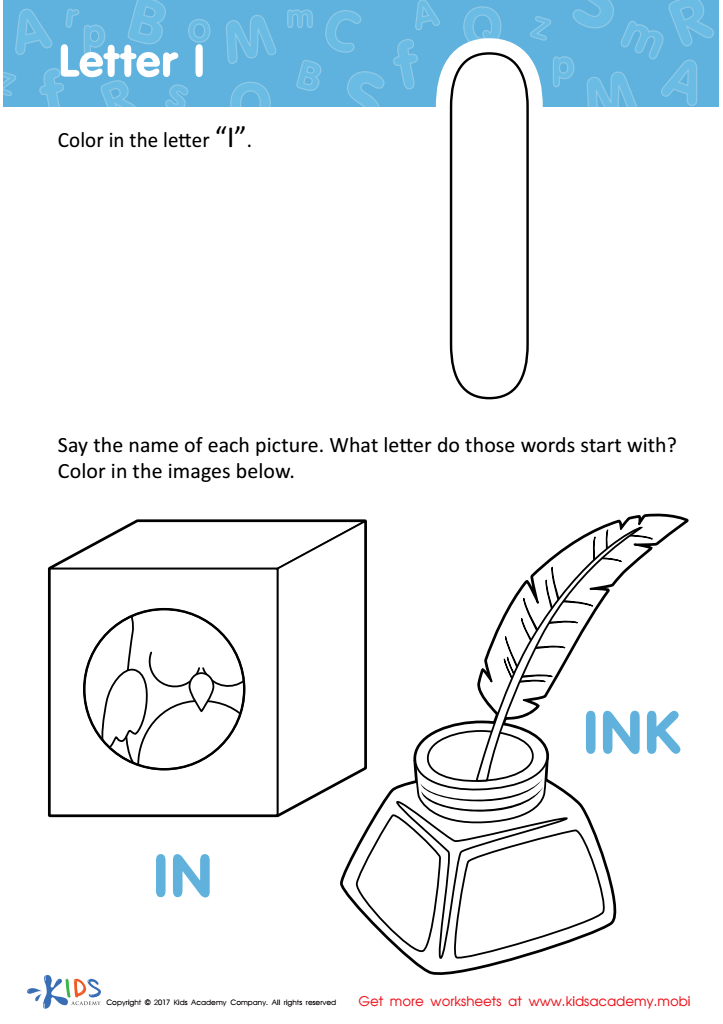

Letter I Coloring Sheet
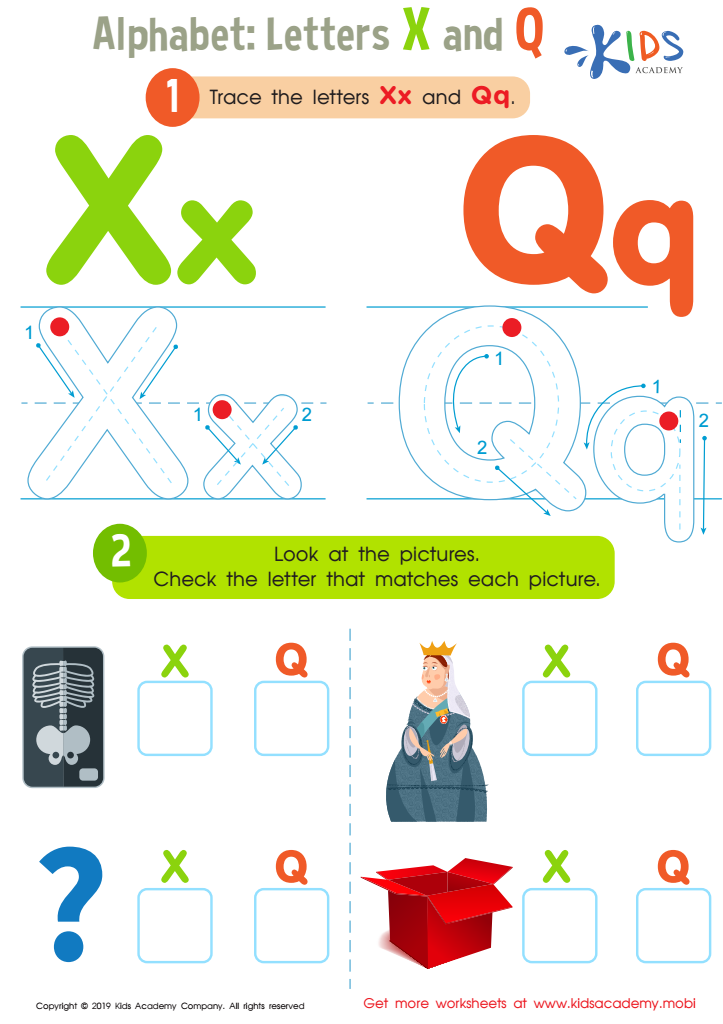

Letters X and Q Tracing Worksheet


Long and Short U Worksheet
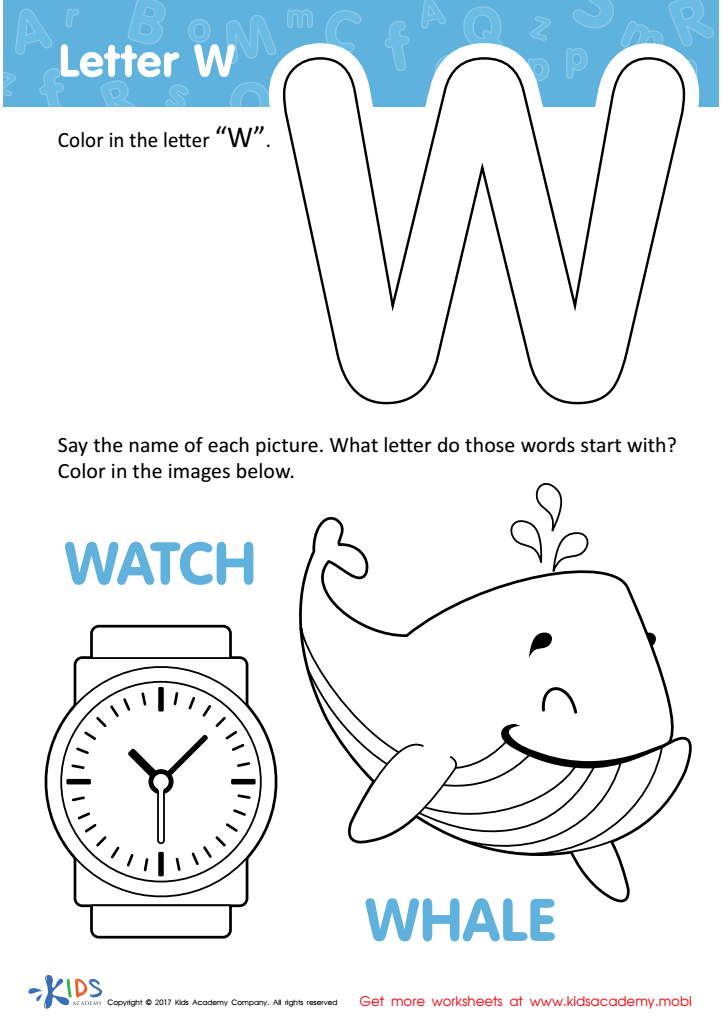

Letter W Coloring Sheet
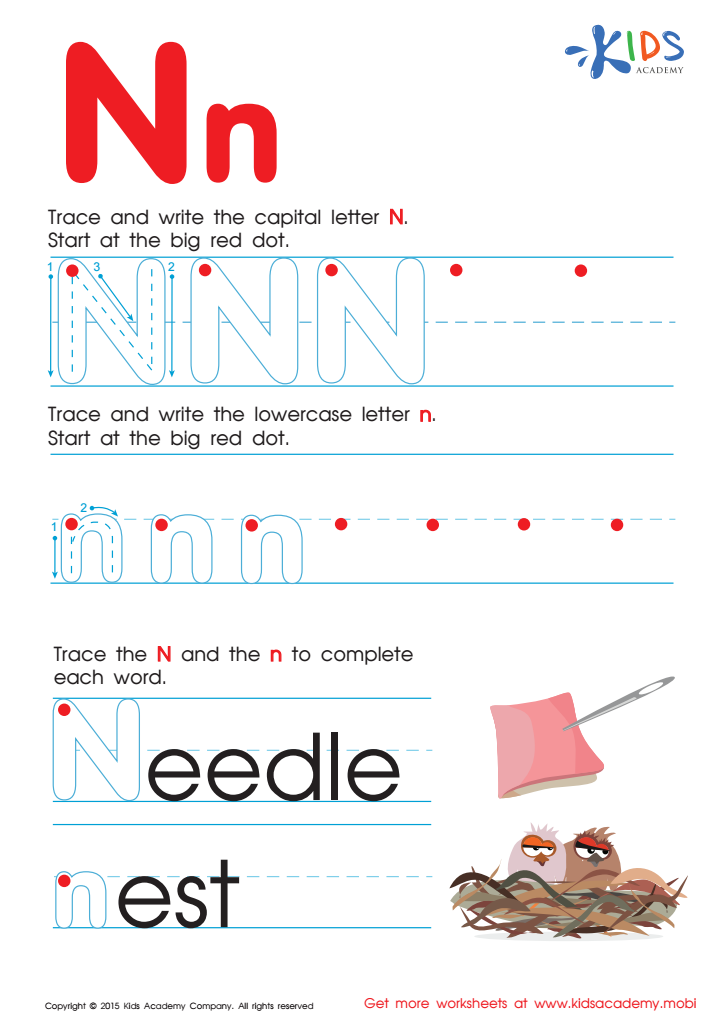

Letter N Tracing Page
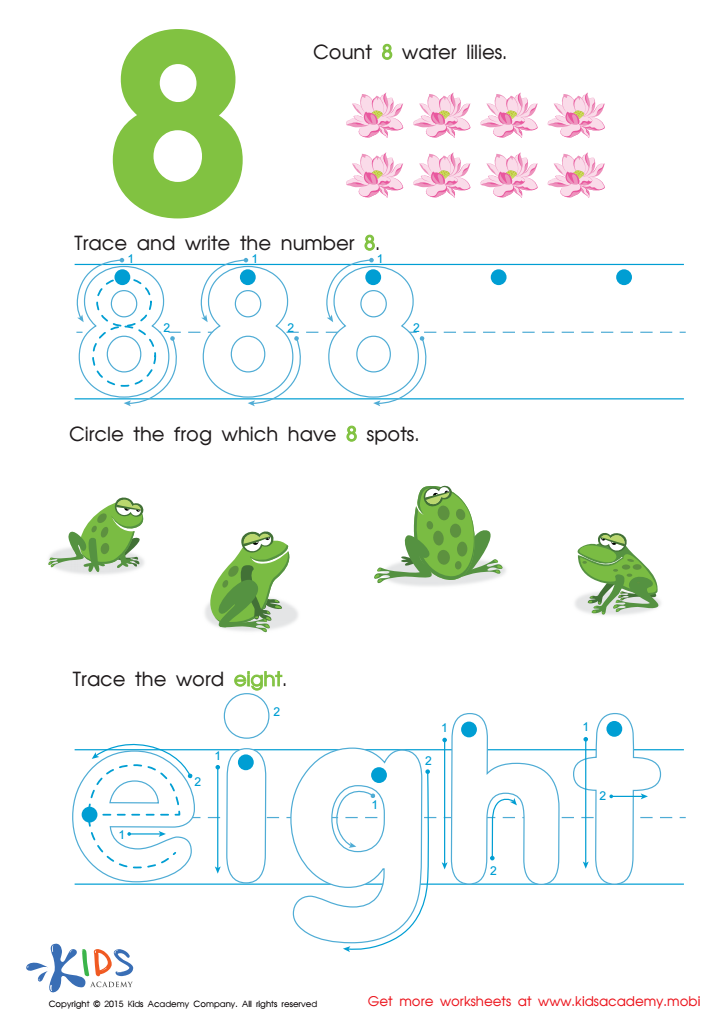

Learn Number 8 Easily Worksheet
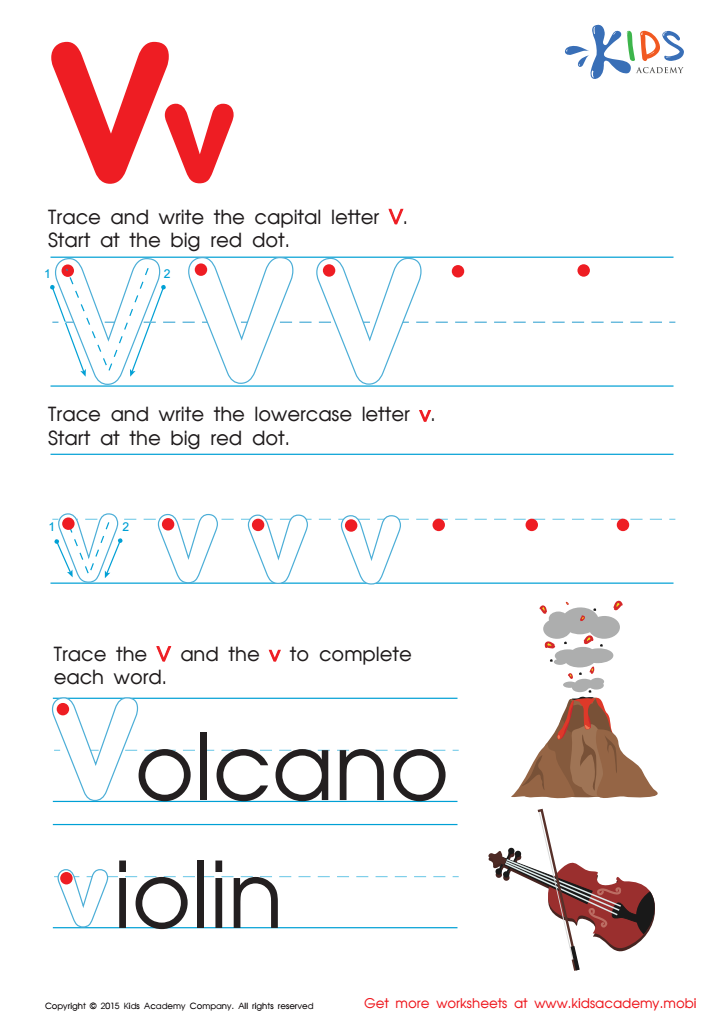

Letter V Tracing Page
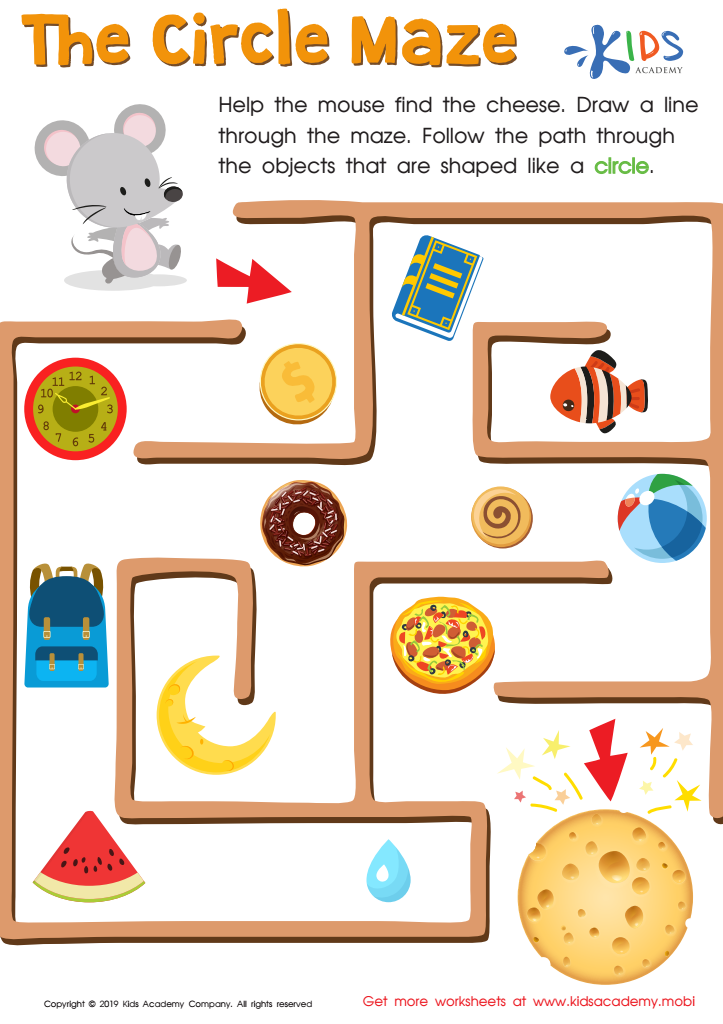

The Circle Maze Worksheet
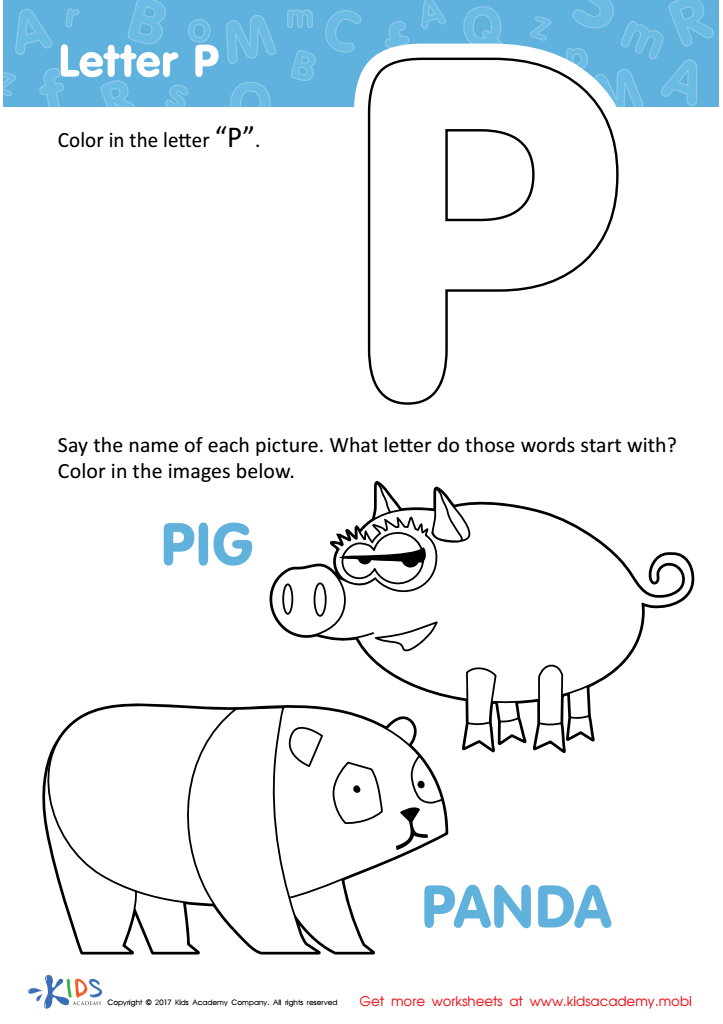

Letter P Coloring Sheet
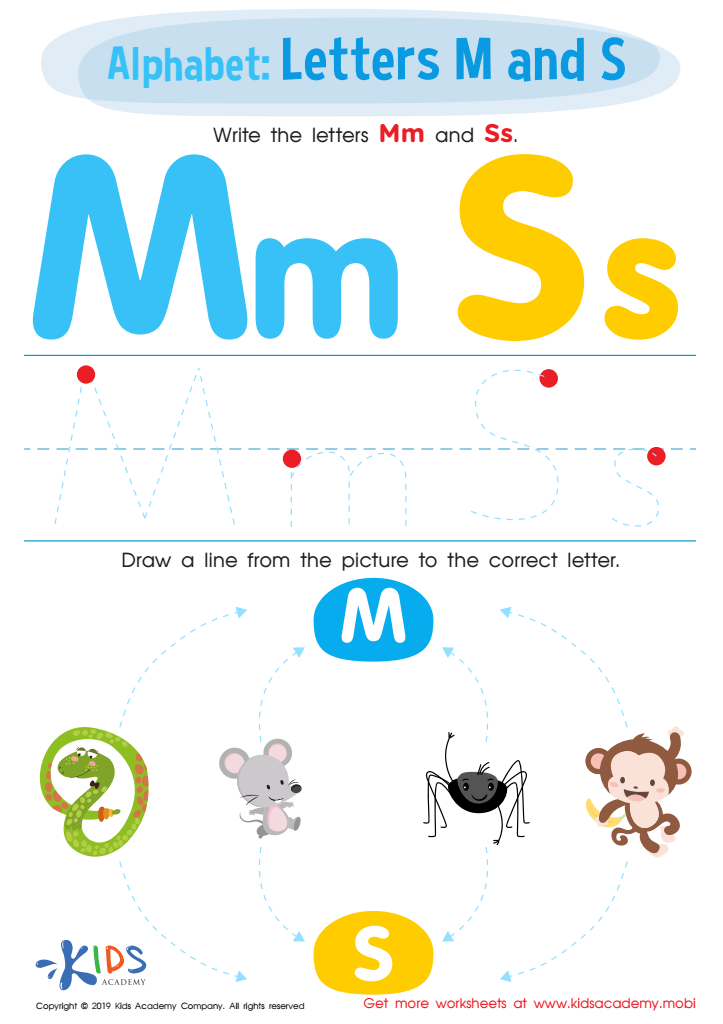

Letters M and S Tracing Worksheet
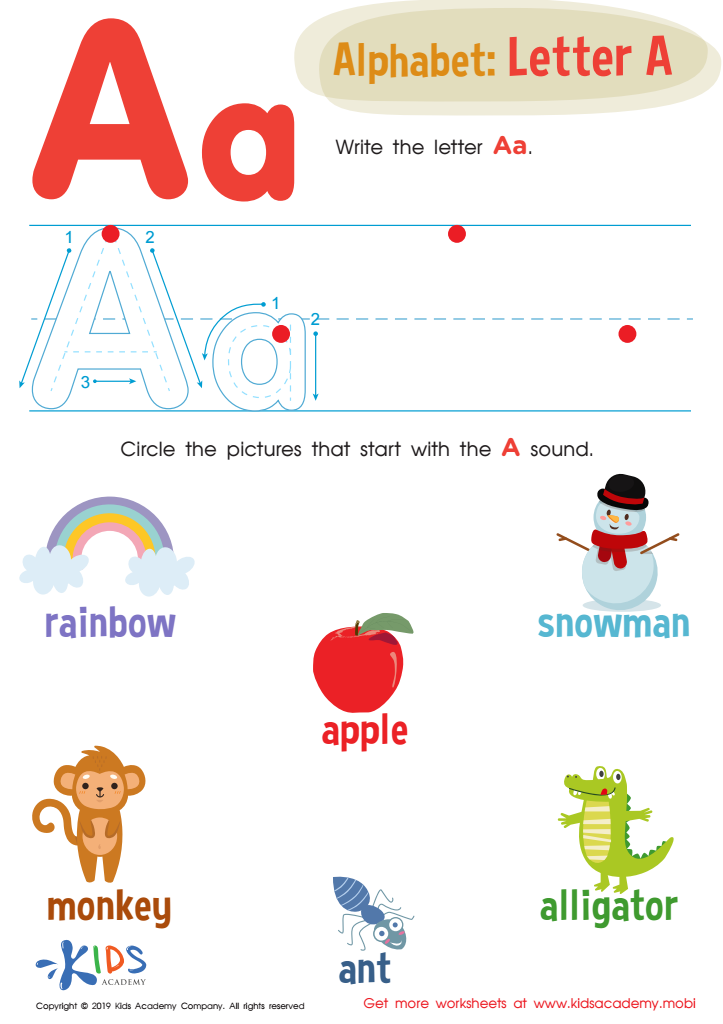

Letter A Tracing Worksheet
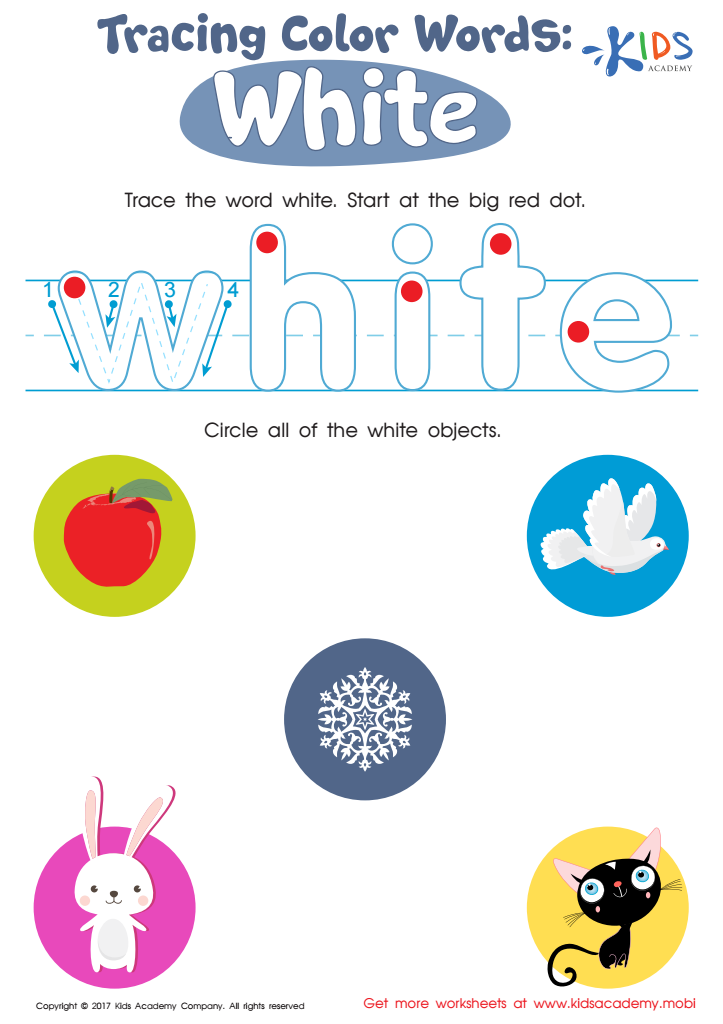

White Tracing Color Words Worksheet
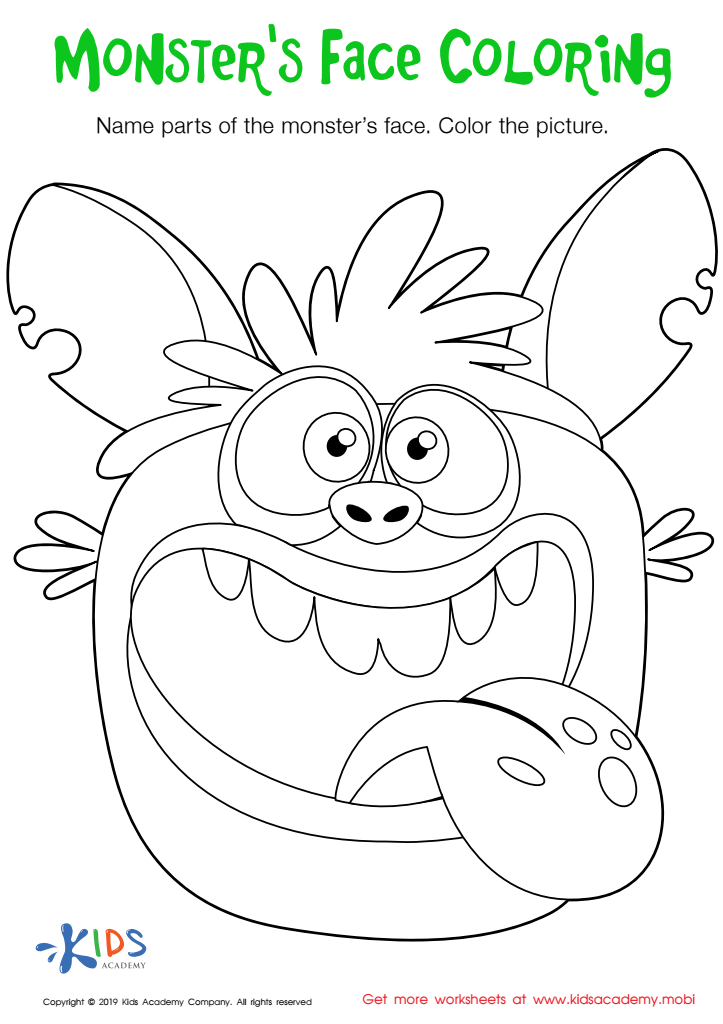

Monster's Face Coloring Worksheet
Fine motor skills are crucial for preschool children as they lay the foundation for future academic and life success. These skills involve the coordination of small muscles in the hands and fingers, essential for tasks like writing, buttoning, and using scissors. By emphasizing fine motor skills in preschool English programs, parents and teachers help children develop dexterity, control, and hand-eye coordination.
When children practice fine motor activities such as drawing, coloring, and using pencils, they enhance their ability to form letters and words, directly impacting their literacy development. These skills foster independent behaviors essential for personal care and classroom tasks, boosting confidence and self-sufficiency.
Moreover, engaging in fine motor activities can enhance cognitive abilities by improving focus, problem-solving, and spatial awareness. This foundational framework aids in other academic areas, notably reading and math, as children better interpret visual information and symbols.
Encouraging fine motor skill development during early education also nurtures social skills. Group activities like cooperative play and shared art projects foster teamwork and communication. Prioritizing these skills equips children with tools for holistic development, laying a robust groundwork for their educational journey and everyday life activities.
 Assign to My Students
Assign to My Students



